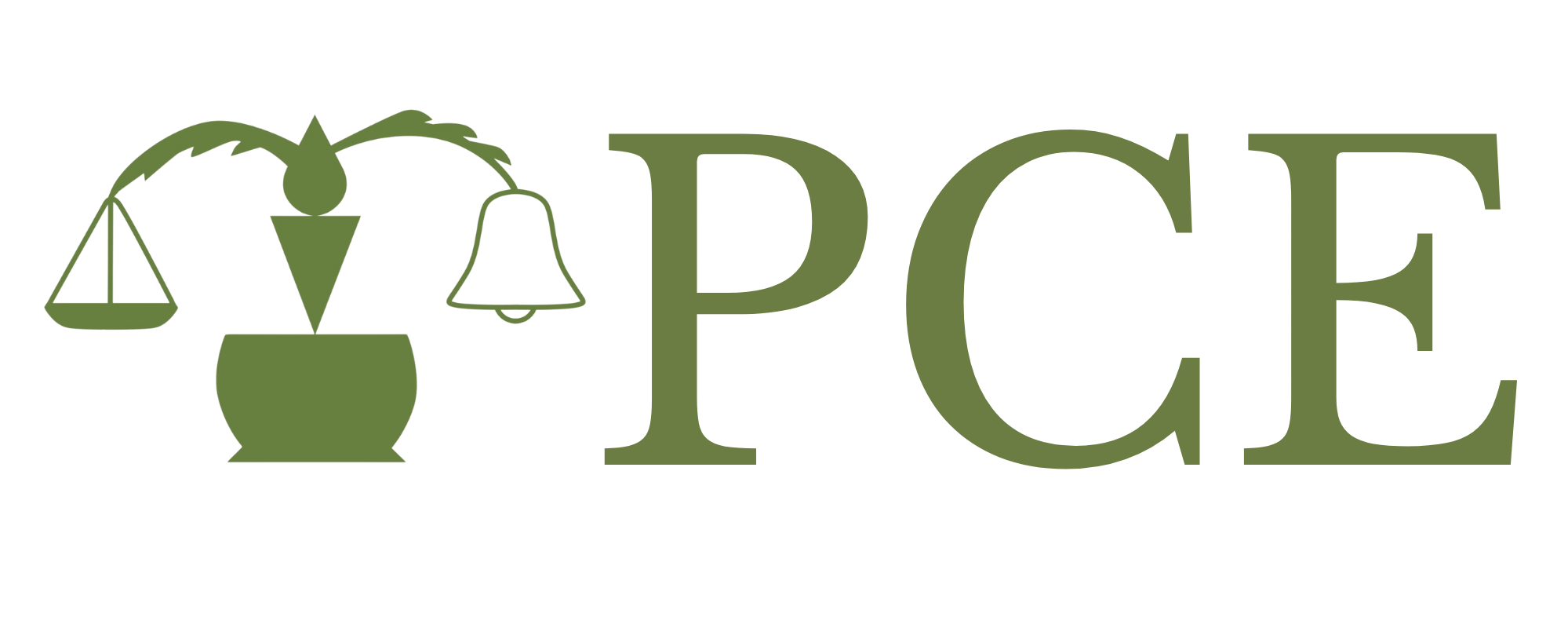The Code and this website use the following vocabulary / nomenclature. Once the International Society of Perfumers publishes the new definition of its “perfumer-creator®” title (an ISPC trademark), this vocabulary may have to be revisited to incorporate some new considerations.
PERFUME / FRAGRANCE / SCENT / SCENT COMPOSITION
These terms are synonyms and considered interchangeable for the purpose of this website and The Code.
PERFUMER / PERFUME COMPOSER
The actual person who determines and writes, or dictates, the precise formula of a fragrance. In other words, the artist who generally creates, or might adapt but certainly puts “down on paper” the artistic form for reproducibility and perennity. The perfumer is often the creator of the original olfactory form but not necessarily. All original olfactory forms do not have to be created by perfumers.
Note:
An Artificial Intelligence (AI) operator is not a perfumer.
The title of a person modifying an AI formula remains to be defined. It could be a retoucher, a perfume designer or perhaps a perfumer. This shall be determined after further considerations and after the ISPC opinion on the “perfumer-creator” definition.
Perfumers may mention when this is the case: “Perfume created without AI”, or “AI-free composition”.
For the purpose on this website and The Code, a perfumer is the equivalent person to a poet or a music composer.
These three types of artists assemble units that are at their disposal: be them words, fragrance ingredients or musical notes. There are many more words than ingredients and many more ingredients than musical notes. They compose in a precise manner to create an artistic perception, and to be able to reproduce that perception, in the mind of the readers, sniffers or listeners.
PERFUME DESIGNER
A person, perfumer or not, who directs or co-direct with a perfumer the development of a perfume in order to reach a certain artistic development, possibly coupled, but not necessarily with certain technical accomplishments.
A perfume designer is not necessarily a perfume composer.
THE CODE OF ETHICS
Guide of principles designed to conduct art, science and business in a manner that is honest and without exploiting any stakeholder involved.
PLAGIARISM
Presenting someone else’s work as your own, with or without their consent, by incorporating it into your work without full acknowledgement.
